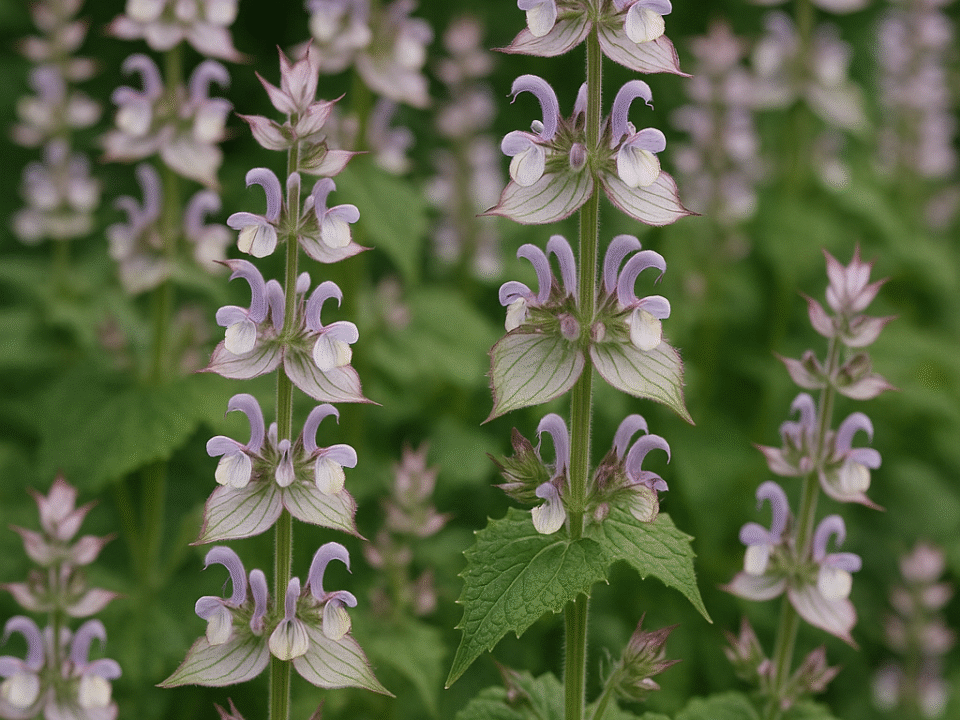
Salvia rosmarinus, better known as rosemary, is a fragrant shrub native to the Mediterranean. It features evergreen, needle-like leaves and blooms in white, pink, purple, or blue. This plant was referred to as Rosmarinus officinalis until 2017, a name now considered a synonym.
Rosemary is renowned for its versatile uses, extending from the fragrance industry to practical applications. Rosemary oil, extracted from the plant, is popularly used in perfumes, room fragrances, incense, shampoos, and cleaning products.
Beyond its aromatic uses, rosemary also garners appreciation as a decorative garden plant, and it plays a significant role in culinary and medicinal fields. The leaves, twigs, and flowering tops of mature plants are harvested for various purposes, such as flavoring foods like stuffings and roast meats.
In skincare, rosemary leaf extract is compatible with most ingredients. However, those with sensitive skin should consider patch testing and opt for products from trusted brands.
Rosemary leaf extract, primarily composed of rosmarinic acid, is a potent antioxidant. It not only protects the skin but also addresses premature aging signs. This component is particularly effective for soothing skin issues like eczema and acne due to its calming properties.
Rosmarinic acid, the primary constituent of rosemary leaf extract, has significant soothing effects on the skin. It is beneficial in treating various conditions, including severe eczema, psoriasis, dermatitis, and skin allergies.
The extract’s antioxidant and antibacterial qualities are ideal for acne-prone skin. It not only reduces inflammation associated with acne but also combats the bacteria responsible for acne outbreaks.
Additionally, rosemary extract’s anti-inflammatory properties can diminish swelling and puffiness, aid in burn healing, and soothe the skin. Its antioxidant benefits also strengthen blood capillaries, minimizing aging signs on the skin. It effectively tightens loose skin, promoting a firmer, more youthful appearance, and stimulates cellular growth to reduce fine lines and wrinkles.
It is important to distinguish rosemary leaf extract from rosemary oil, as the latter contains high levels of volatile fragrance components that might irritate sensitive skin. While not everyone needs to avoid rosemary oil, those sensitive to fragrances should be cautious of its presence in product ingredient lists.
Generally suitable for most skin types, rosemary extract is a safe choice in skincare formulations. The amount used typically does not pose a risk of sensitivity, as it contains little to none of the volatile fragrance components found in rosemary oil.



